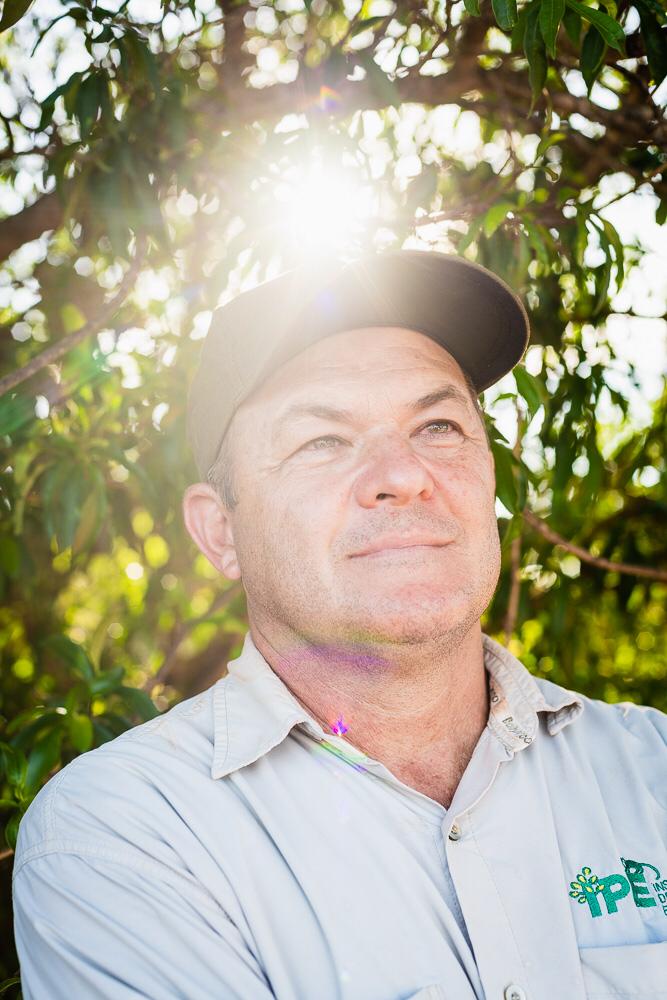::cck::697::/cck::
::introtext::
Winner of the Whitley Award in 2002, considered the Oscar for Biodiversity Conservation, IPÊ researcher Laury Cullen Jr. is now one of the 13 Whitley Continuation Funding winners. The Whitley Fund for Nature (England) award is aimed at conservationists around the world, with the aim of ensuring scale for projects already supported once by the organization.
Laury is a forest engineer and dedicates his profession to restoring one of the most fragmented areas of the Atlantic Forest in Brazil, Pontal do Paranapanema, in the West of São Paulo. With the Corridors for Life project, he coordinated the planting of the largest corridor ever reforested in Brazil, which connects two importants Protected Areas of the Atlantic Forest: the Morro do Diabo State Park (PEMD) and the Mico-Leão-Preto Ecological Station. The corridor, which passes inside the Rosanela farm, has 12 kilometers and 2.4 million trees planted. It was born from the need to conserve rare and endemic species (which only exist in that region) such as the black lion tamarin, which live in what remains of the local Atlantic Forest.
The Atlantic Forest corridors are the result of a long term strategic study for planting forests in areas relevant to the fauna and flora of that region. In addition, it is the result of many partnerships between all sectors: government, private and non-government. The project considers, mainly, social participation as one of its greatest achievements: it brings income generation to families, new ways of producing and helps to build new sustainable businesses, for example, with community nurseries. Here’s how it happens. “This is another major step in the mission to reconnect the Pontal do Paranapanema forest. We have been working on this for over 25 years and we are sure to make a big leap thanks to the Whitley fund. It is an award for us, from IPÊ, but above all, for the Atlantic Forest ”, celebrates Laury.
The forest corridors today are no longer limited to 12 kilometers. They advanced to the north of the PEMD and, by the end of 2020, there will already be a total of 500,000 more trees planted in this portion of the Atlantic Forest that needs to be reconnected. To the north, a new corridor is already formed by the project led by Laury and carried out by the team of IPÊ professionals in Pontal: Haroldo Borges Gomes, Nivaldo Ribeiro Campos, Aline Souza, Maria das Graças Souza, Williana Marin and Aires Cruz. In all, with the project, IPÊ currently has around 2.9 million trees planted. With Continuation Funding, it will be possible to plant 500 hectares of forest in two years. In other words, there will be another 1 million trees in the Atlantic Forest, which will generate climatic benefits, offsetting 43,000 tons of carbon; that they will support the conservation of endangered species such as the black lion tamarin and the Brazilian tapir; and that will provide restoration work opportunities for local communities.
“Restoration in Oeste Paulista is the most interesting path for development and the local economy. The forest deficit in the region is almost 60,000 hectares. Our goal is to restore 5,000 hectares in five years. There is a forestry need, but it is also an economic and social outlet of great relevance. With reforestation, it is possible to generate U$ 10 million in the region’s economy, U$ 1.2 million in community nurseries and U$ 25,000 in agroforestry products from small rural producers, until 2025. It is something promising, which benefits companies, government sectors, biodiversity and, of course, society ”, he adds.
::/introtext::
::fulltext::::/fulltext::
::cck::697::/cck::


